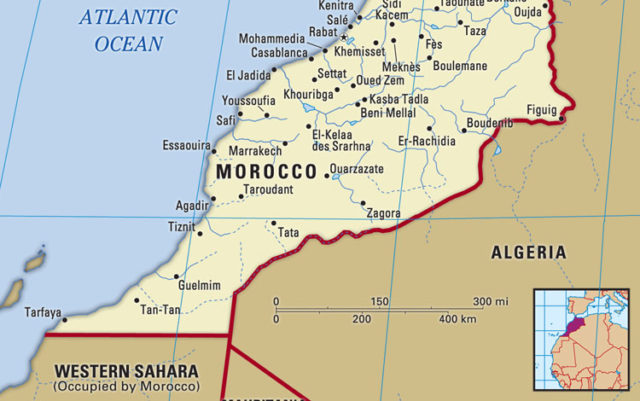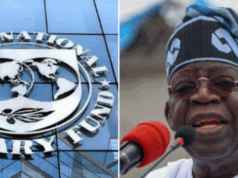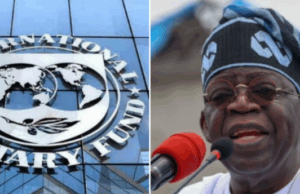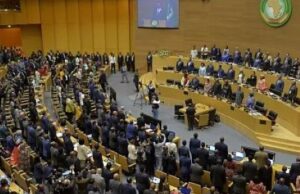
EU has become circumspect about the efficacy of the financial aid doled out to Morocco. According to a new report from the European Court of Auditors (ECA), the financial aid to Morocco, through direct transfers to its treasury between 2014 and 2018, did not meet with its desired goal. The audit report says that the financial aid did not provide the impetus to support reforms in the country.
The European Commission in its report said that it spreads the funding across too many heads . This could be one of the reasons for weakening the impact, the auditors pointed out. There were also structural weaknesses in the overall management, designing, implementing, monitoring and assessing of results of the project.
Taking all these parameters, the report recommends that the Commission should focus its support on fewer sectors rather than wide spectrum of spheres, improve performance indicators to enable objective measurement, enhance the control procedures for disbursements, strengthen policy dialogue and increase the visibility of EU support. In other words, the audit report recommends that the aid should continue and yet its objectives and implementation strategy should be recast.
The EU being Morocco’s biggest donor of development aid has committed for the period between 2014 and 2020, an amount of €1.4 billion as aid. These have to be spent mainly for the three priority sectors- social services, rule of law and sustainable growth. Till 2018, EU had concluded contracts for €562 million. It made payments of almost €206 million under its budget support instrument for promoting reforms and sustainable development goals. Aid under these heads makes up 75 % of EU annual spending for the country.
The auditors assessed whether the Commission’s management of EU budget support for the priority sectors in Morocco between 2014 and 2018 was effective and whether the objectives were achieved. They examined the areas of health, social protection, justice and private sector development. The EU’s average budget support to Morocco is around €132 million per year, This represents a miniscule of 0,37% of the country’s average annual budgetary expenditure. The auditors found that most of the ministerial budgets remained unspent.
Another anomaly found by the auditors is that though the Commission had defined the three priority sectors, they in turn, consisted of 13 sub-sectors. Some of them could be considered as stand-alone sectors. The eligible areas covering a large number of sectors reduce the potential impact of EU support. The auditors found that the financial aid with its uneven coverage so far showed no significant impact. Less than half of their targets had been achieved by the end of 2018. A number of these targets are not enough to support meaningful reforms. The auditors also found that sometimes aid amount was paid when targets had not been achieved and even when the situation actually deteriorated.
It is significant to note that Morocco suspended formal political dialogue with the EU after the European Court of Justice ruled that Western Sahara was not party to Morocco’s Agriculture & Fisheries agreements with the EU. However, the Commission continued the budget support during the standstill period, which lasted till 2019. During this time EU did not develop a clear, forward-looking strategy for bilateral relations.











